14 Organic Wines & Perfect Pairings – Hidden Gems from Underrated Regions
Organic wines explained! Dive into our guide, learn the lingo (organic vs. biodynamic), and find tasty pairings for an impressively sustainable sip from under-the-radar regions.
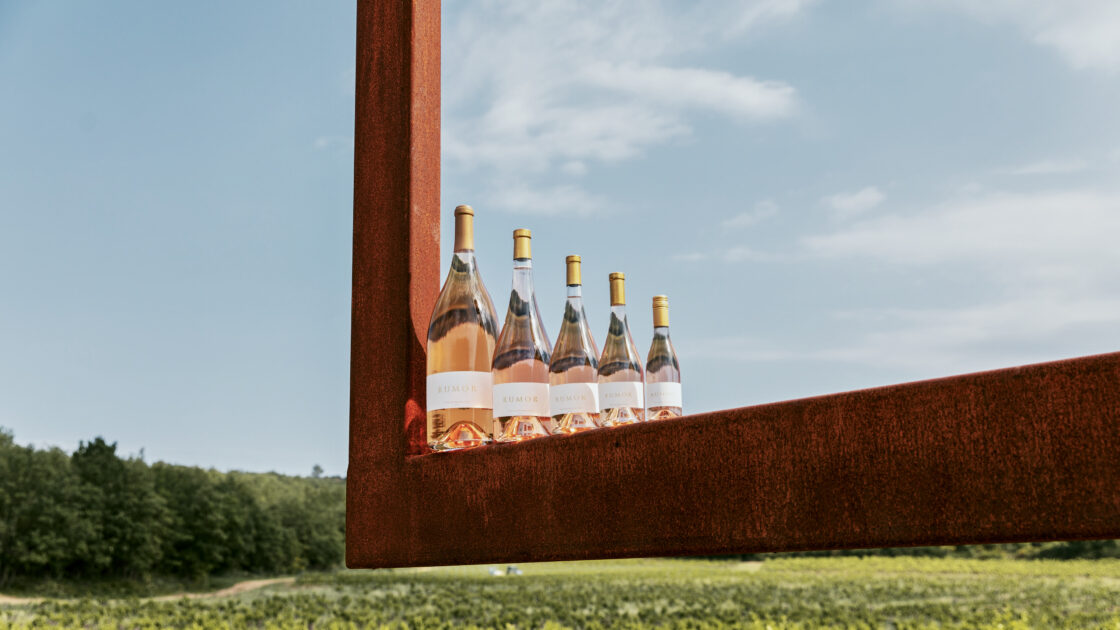
There are so many delicious reasons to drink exceptional biodynamic and organic wines that grace some of the finest wine lists in the world.
Every wine on this list, a diverse selection of reds, whites, and sparkling wines across various price points, is made from organic or biodynamically grown grapes.
We’re talking impressive magnums, delicious bubbly, and fabulous affordable finds to fit every connoisseur’s budget. So no matter where you fall on the spectrum, from total wine newb to only-vacations-at-wine-estates (see our fave 8 in Italy), you’ll find an organic wine that’s perfect for hosting and toasting — along with a variety of food pairings.
These biodynamic and organic wines hail from classic or lesser-known yet exceptional wine regions around the world that are of excellent quality and value that sing out of the glass. Often described as “living,” wine evolves in the bottle and “breathes” when mixed with oxygen opening up notes and expressions of the terroir the grapes were grown in.
While vintages express differently each year as they reflect our relationship to nature and a pleasure that is made for the moment. If you’re wondering what the differences are (if any) between “organic” and “biodynamic,” you’re not alone — it’s not always obvious and can be confusing. But grab a glass and read on and we’ll sort through it together.
What’s the Difference Between Organic and Biodynamic Wines?

When it comes to understanding the difference between biodynamic and organic wines — while there are plenty of specifics wine geeks love to debate — simply pay attention to two important aspects. First, how the grapes are farmed and secondly how the wine is manipulated in the cellar.
Today more than ever you want to know what’s in your glass, how the grapes are grown, and how the wine is manipulated in the cellar.
Want more all-things-organic and sustainable practices? Subscribe to our newsletter and never miss the latest.
Organic Wine Defined
Organic wines are crafted from grapes cultivated without synthetic fertilizers, herbicides, or pesticides, and all ingredients used in the cellar must also be organic. If you’re someone who suffers from headaches when drinking wine, sulfites are often the culprit, you may want to consider switching to organic.
While drinking wine maintains its sophisticated allure, many aficionados would never imagine that their go-to conventional wine isn’t made in a romantic cellar. Yet often, supermarket wines are mass-produced in an industrial factory and may contain genetically modified yeast strains, foaming agents, arsenic, glyphosate or even lead.
On the other hand, organic certification in regards to the cellar, ensures that any additives used during the winemaking process, like yeast or clarifying agents, are also organically derived.
So, when you see “organic” on a wine label, it signifies grapes grown and processed with minimal ecological impact, fostering a healthier vineyard and potentially a purer-tasting wine for you. If you’re wondering how that may differ from a wine labeled “natural” you can read up on that here.
Biodynamic Wine Defined
Biodynamic wine takes organic viticulture a step further, embracing a holistic philosophy that considers the vineyard as a living organism (think of your own microbiome — this is the vineyard’s equivalent).
While organic wines focus on eliminating synthetic chemicals, biodynamic practices delve into the realm of cosmic influences. Farmers follow lunar cycles for planting and harvesting and may even use biodynamic preparations made from fermented manure and herbs to promote soil health and overall vineyard balance. In the cellar biodynamic principles are designed to uphold the vitality of the grape and its delicate notes of the terroir.
This approach aims to create a self-sustaining ecosystem, fostering biodiversity and minimizing environmental impact. Biodynamic wines are a niche category, but their focus on a healthy vineyard ecosystem offers a unique and potentially more sustainable approach to winemaking. Speaking of sustainable winemaking, reading up on a this wellness retreat at a sustainable Italian wine resort will have you planning your next getaway.
Let’s get to our list of 14 organic and biodynamic wines that are truly hidden gems (complete with food pairings) you won’t want to miss!
Organic + Biodynamic Rosé Wines
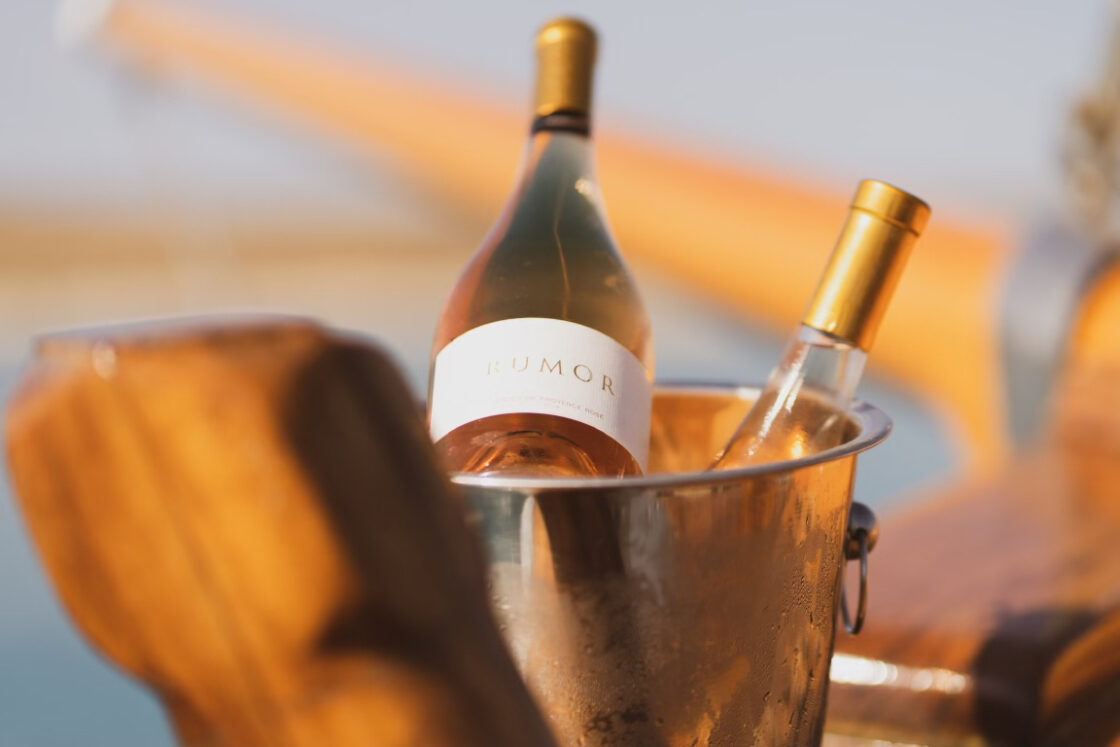
1. Rumor Rosé, AOP Cotes de Provence, France, 2022, $30

A vibrant blend of Grenache, Cinsault, Syrah, Mourvèdre, and Tibouren grapes – this synergy creates a cuvée that is fresh with elegant notes of citrus and white flowers and a hint of peach.
Subtle on the palate, it pairs wonderfully with delicate flavors such as white lake fish or crab sushi rolls. Or pair it with fresh cheese with summer fruits. This certified organic, vegan rosé comes from rich, biodiverse vineyards with minimal intervention
2. Château La Mascaronne Rosé, Grenache, Cinsault, Syrah, Vermentino, Côtes-de-Provence, Provence, France, 2022, $32

Rosé isn’t just for summer, it’s a perfect wine anytime friends and loved ones gather. Certified organic, the vines are planted in a ring with terraced slopes adding to its fresh intensity yet delicate white peach notes.
Pretty and balanced with a lovely structure, this rosé is perfect as an aperitif. Or pair it with a seafood tower, paella, cranberry glazed salmon or a light dessert such as a berry pavlova.
Organic + Biodynamic Red Wines
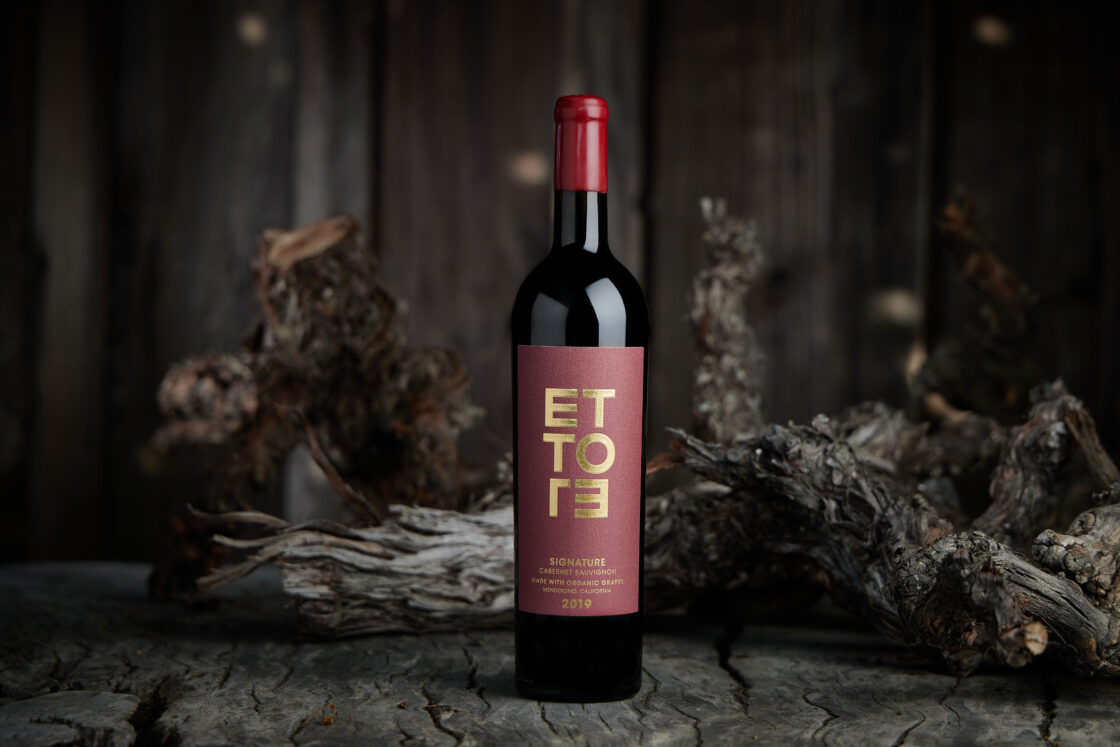
Do you have a favorite organic and/or biodynamic wine? Please share your picks in the comments or on Instagram. Be sure to tag us in a snap of your glass @organicauthority!
3. Souleil Vin de Bonté le Rouge 2022 Vin du France $17

A delicious classic south of France red blend of Grenache and Syrah, this zippy and approachable vegan organic wine is best served slightly chilled. Notes of crushed blackberries are followed by purple flowers and cassis ending with an energetic bright finish.
Founded by two childhood friends who spent sundrenched summer days surfing and shucking oysters by the Mediterranean, this wine can be enjoyed alone. It’s also perfect with French vegetable dishes like a robust ratatouille, cheesy gratin Dauphinois, or flageolet beans.
4. Domaine de la Martinière, La De Peau L’Ours, Cabernet Franc, Chinon, Loire Valley, France 2021, $25

Hailing from Panzoult on the eastern edge of Chinon in The Loire Valley, this natural organic Cabernet Franc is fresh and juicy with delightful notes of white peppercorn. Perfectly chillable with herbal aromas, it’s made to pair with blue cheese, smoked tofu, stuffed, roasted mushrooms, grilled, stuffed tomatoes brimming with savory spices.
Boris Desbourdes, the family’s next generation winemaker, hand harvests the grapes and uses native yeast for fermentation creating a traditional Chinon wine with fresh vibes.
5. Gérard Bertrand, Château l’Hospitalet Grand Vin, Syrah, Grenache, Mourvèdre, La Clape, Languedoc, France, 2020, $50

This deep ruby Grand Vin is harmonious with an elegant structure that feels silky in the mouth from the first sip. The red fruit nose exudes the essence of strawberry, and the round mouthfeel reveals its freshness.
Certified biodynamic (read our interview with the winemaker) with traceable growing practices, the grapes are cultivated in the semiarid Mediterranean in Gargasian marl-limestone rich in fossils. Best served at 60°F, pair this wine with mature cheese, mushroom wellington, or roasted root vegetables.
6. Ettore Winery, Ettore Signature Cabernet Sauvignon, Hopland, Mendocino California, 2019 $52
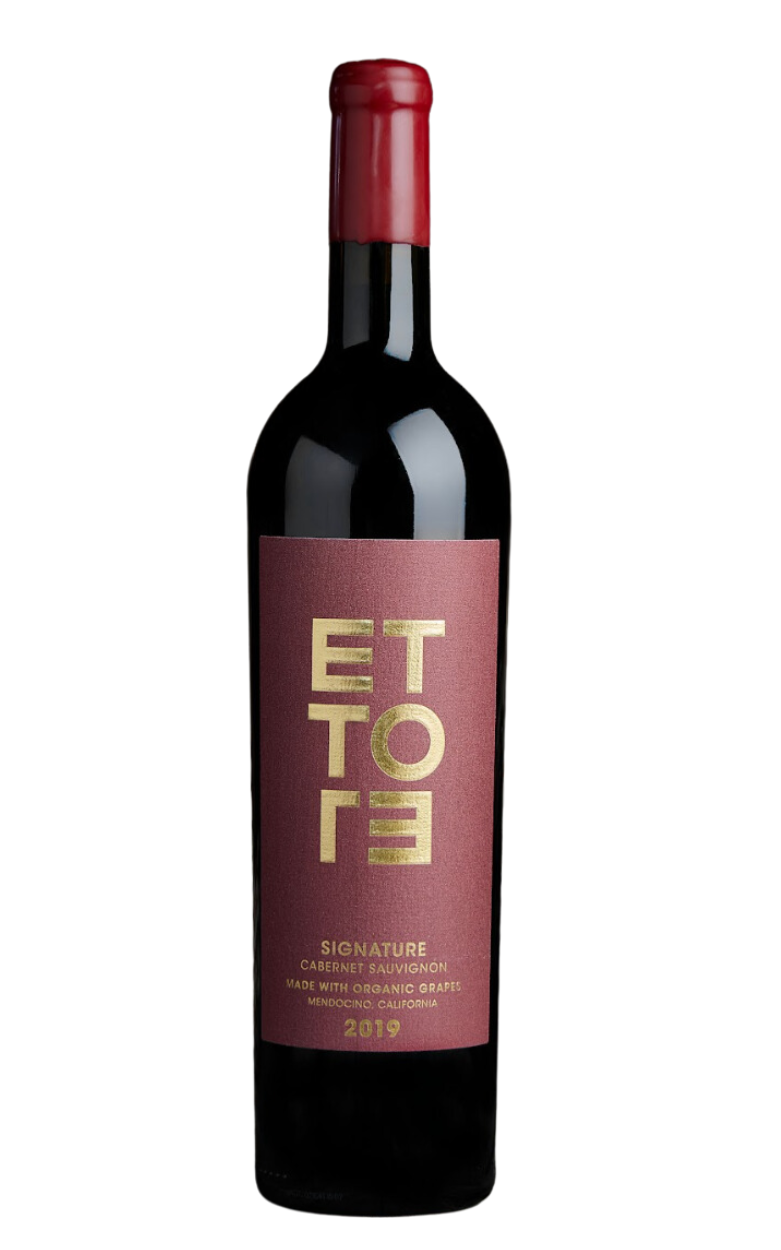
Estate grown in Ettore’s Sanel Valley Vineyards, this wine exudes deep garnet hues and a dry medium body along with notes of violet with an herbaceous hint of juniper. A lovely wine to accompany a vegan mushroom risotto, its balance and elegance come from gravely, loamy soils.
Expressing a lovely finish of red berries, save the last few sips for dessert and pair it with a slice of dark flourless chocolate cake or these flourless beet brownies.
7. Hamel Family wines, Isthmus, Cabernet Sauvignon, Nuns Canyon Vineyard, Sonoma County, 2020 $90

Spoil yourself with a magnum of this high-elevation deep Cabernet Sauvignon. Practicing organic, biodynamic, and dry farming to achieve ecological harmony, this wine was aged in a mix of new French oak casks, neutral barrels, and concrete eggs.
Petra Polakovicova, Advanced Sommelier and Hamel Hospitality Manager suggests paring it with a wild mushroom pasta. She says, “The mineral notes in the wine complement the umami flavors of the mushrooms.” Or serve it with a chocolate dessert smothered in a dark berry sauce complimenting its slight smokey and dark chocolate notes.
The Organic + Biodynamic White Wines

8. Pietracupa Greco di Tufo, Greco Bianco, Campania Italy, 2019 $33

This fabulous high-altitude Italian white wine is a palate pleaser and pairs perfectly with seafood. Stefano Murialdo, Managing Director of Eataly West Coast explains, “The wine’s mineral notes harmonize with the brininess of seafood, creating a harmonious pairing that elevates both the dish and the wine.”
He suggests the Scialatielli allo Scoglio, a classic pasta with clams, mussels, and prawns in a robust red sauce from Eataly’s signature restaurant Capri. Murialdo adds that “the vibrant acidity of the Greco di Tufo complements the richness of the seafood and tomato-based sauce, cutting through the flavors and enhancing the overall balance.”
9. Bisci ‘Fogliano’ Verdicchio di Matelica, Marche, Italy 2020 $35

Made from 100% Verdicchio Matelica grapes from Marche in eastern Italy, this ageable white wine has a depth of bouquet and a long satisfying crisp finish. A remarkable expression of the grape, notes of bitter almond, white pepper, apple and peach sorbet delight the senses.
Its silky-smooth structure makes it perfect to pair with a feast of oysters, fish, and clams as well as almond flour madeleines or a ricotta cake for dessert.
10. Stony Hill Chardonnay, Spring Mountain District, Napa 2019 $130
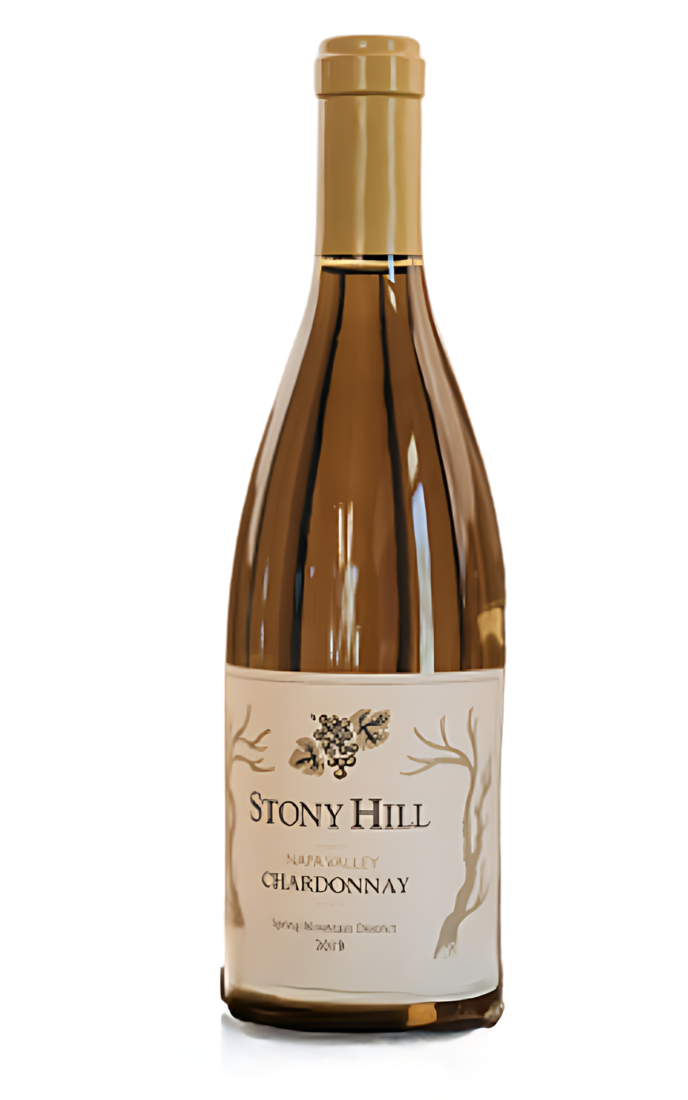
Sommelier Derek Stevenson at the Four Seasons Resort and Residences Napa Valley suggests this silky chardonnay expressing notes of marzipan and satsumas on the nose with a lovely minerality and creamy finish that complements a silky sunchoke velouté with medjool dates, and parmesan foam.
He explains that “the wine pairs well with the velouté as it refreshes the palate from the richness of the dish.” Salinity which is the signature note of the Spring Mountain District vineyard makes this white wine ageable for even more structure in later years.
The Organic + Biodynamic Sparkling Wines
11. Zaccagnini Tralcetto Brut Rosé, Abruzzo, Italy, NV $18

Hailing from Abruzzo often referred to as the “green lung of Europe”- this brilliant aromatic charmat method wine has an elegant bouquet and perlage that persists and is a delicious choice with lemon risotto, briney seafood, or even a light curry.
It’s a well balanced fresh sparkler expressing raspberry and strawberry notes. The finish is smooth and ends on a lovely bittersweet note.
12. Markus Molitor, Molitor Brut Sekt, Riesling, Mosel, Germany, NV $20
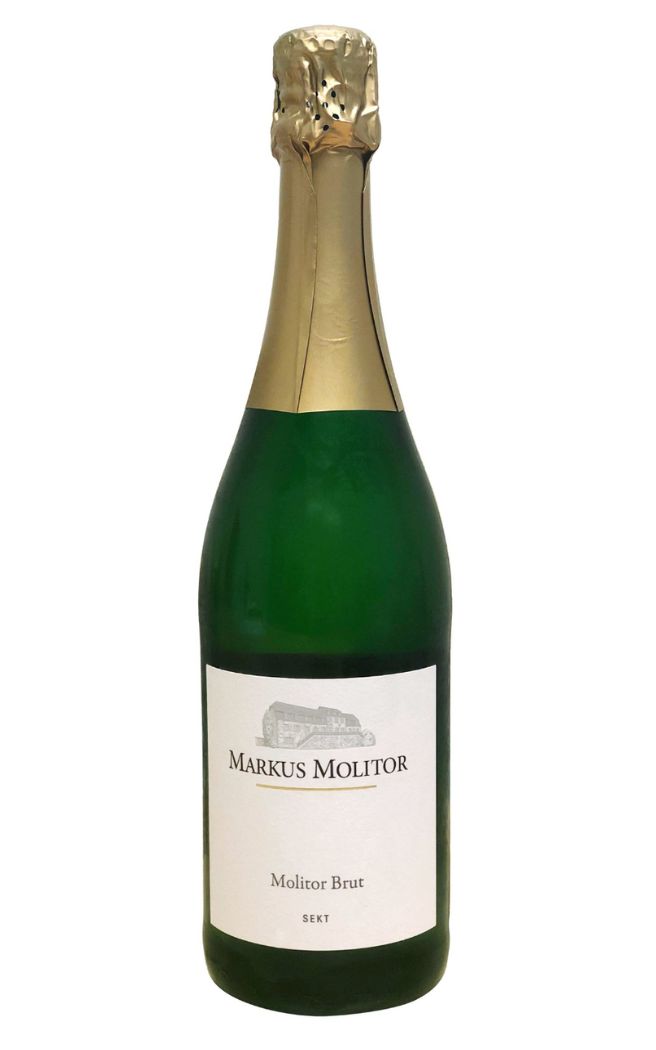
An elegant sparkling riesling with a delicate perlage, this traditional method bubbly expresses ripe pear, nectarine and white peach notes with a brioche finish. Its bright minerality leaves you thirsty for another glass while expressing notes from the land’s slate soil.
A lively expression of sparkling wine from Germany’s Mosel River Valley, pair it with cheese crostini, baked brie, vegetable crudités or seafood.
13. Raventos i Blanc ‘De Nit’, Brut Rosé, Penedes, Spain 2021, $29
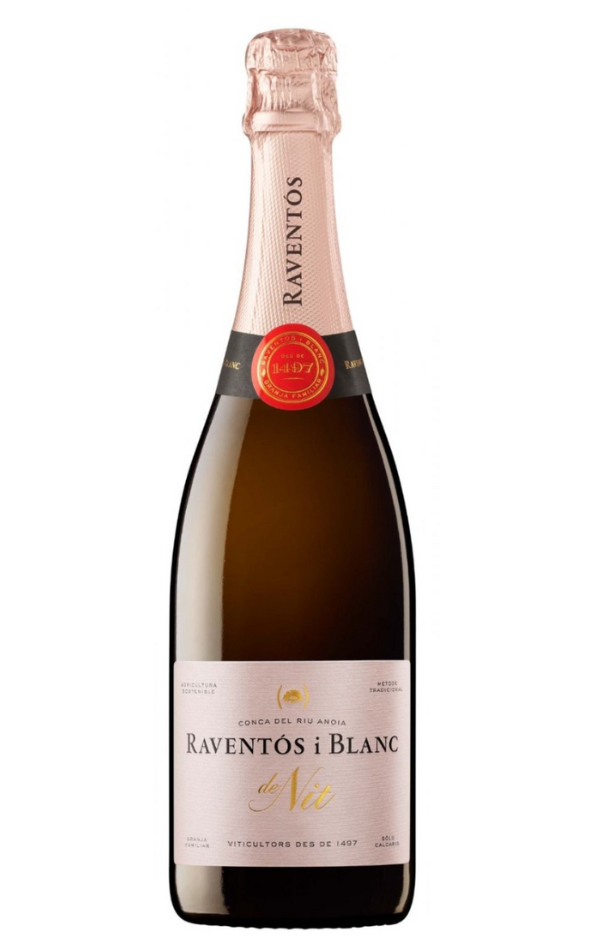
This dry brut rosado complements just about every appetizer, dessert, or dish. It also adds a refreshing aspect to creamy dishes and main-course salads and brightens a tired palate at the end of a meal with its complexity and refreshing, elegant minerality.
The Cava house originally dates back to 1497. Yet since 1984 it is led by Josep-Maria Raventos, a member of the Codorníu family. Grapes are hand harvested from mineralized marine fossil soil adding to its distinctness with fresh notes of red fruit.
14. Barone Pizzini Blanc de Blanc Golf 1927, Lombardy, Italy, NV $42

The first ever organic Franciacorta wine, this lovely traditional method sparkler is from Brescia in northern Italy near the magical Lake Iseo. Moraine soil from a glacial river and a permeable gravel structure adds to a lovely acidity. In the past
Franciacorta wine was a lesser-known gem but not for long as it’s now the official sparkling wine of the Emmy Awards season. It’s fresh and floral without being sweet with notes of poached pears and a lovely saline finish. Pairings are so versatile from freshly baked bread and soft cheese to a fruit plate, risotto, or even delicate fish-filled ravioli.
Read More on Organic Authority
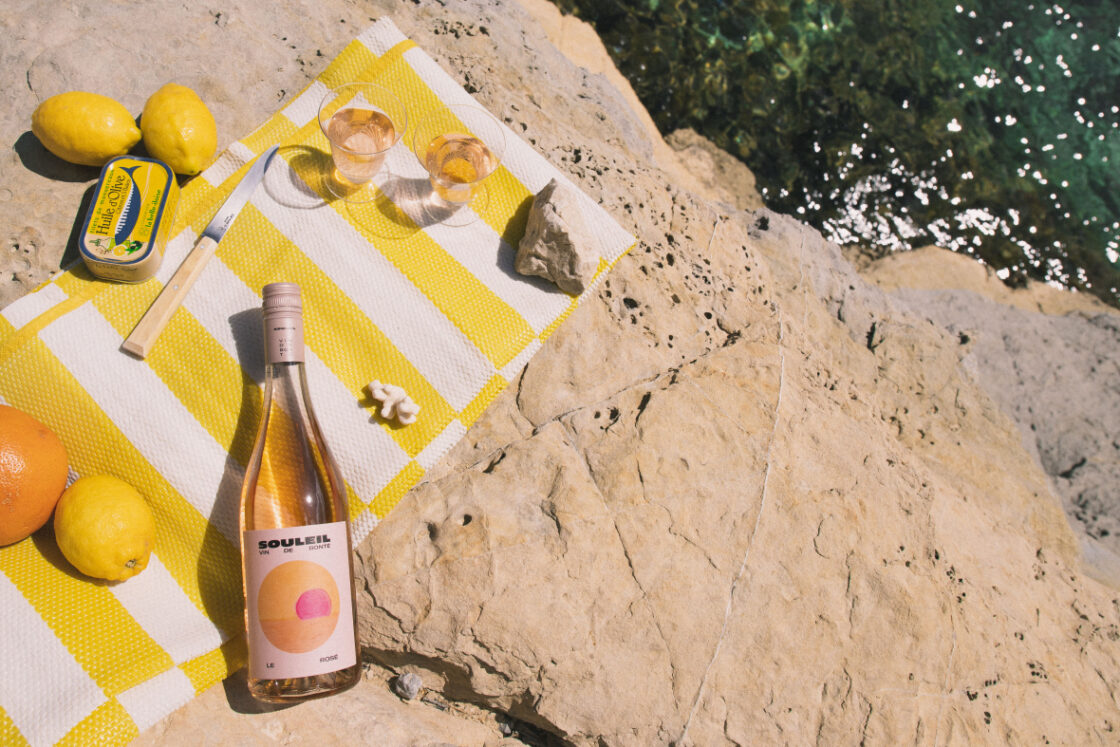
P.S. Did you know? Organic Authority has its own nutrition and wellness shop to meet your needs and help you take control of your health. Shop clean supplements for energy, sleep, inner beauty for skin support, protein, workouts, pantry items and more. Shop The Organic Authority Shop now.
*Our team independently evaluates and reviews products for the OA community. If you click on the links provided, we may receive compensation which helps keep the lights on. Learn more.

